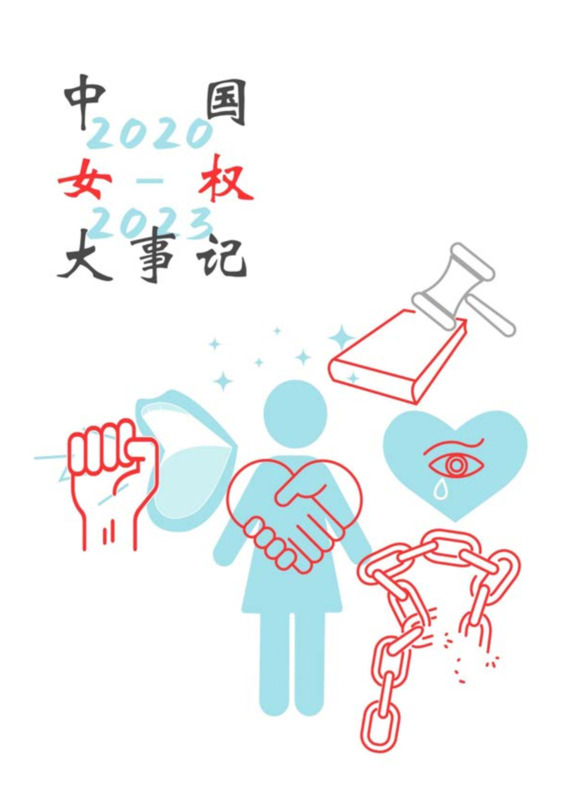Explore the collection
Showing 4 items in the collection
4 items
Official Documents
Declassified Files of the Canadian Government on the June Fourth Incident
This document, declassified in January 2015, contains a 1989 diplomatic memorandum from the Canadian Embassy in Beijing. It describes the circumstances surrounding the June 4 massacre as they were known to officials at the Canadian embassy.
The documents, declassified by the National Library and Archives of Canada, show the Canadian government's concern about the invasion of the embassy by Chinese troops. The documents also describe the crackdown in Beijing and how the troops killed citizens.
Book
In the Palm of Buddha (Updated Edition)
Zhang Dongsun is an unavoidable but deliberately obscured figure in modern China. Considered the earliest translator of Western philosophy, a famous newspaperman, political commentator, and professor at Yenching University; the first mediator between the Kuomintang and the Communist Party in 1949, and the first Central People's Government Member. He was convicted of treason in 1951 and disappeared. The well-known writer and journalist Dai Qing completed this historical documentary after eight years of investigation and writing and nearly ten years of revising and updating. Taking Zhang Dongsun's life as the main theme, he wrote about changing times from the late Qing dynasty to the Cultural Revolution.
An expanded edition of this book will be published by the Chinese University of Hong Kong Press in 2022. The following is the link to purchase books from the publisher:
https://cup.cuhk.edu.hk/index.php?route=product/product&product_id=3466
Book
Yangtze Yangtze
In March 1989, the book Yangtze Yangtze was published by the Guizhou People's Publishing House just as the Tiananmen student protests were about to begin in Beijing. The book fed into this intellectual ferment, challenging the technocratic reasons for the Three Gorges Dam, which eventually would dam the Yangtze River in the name of flood control and electrical power generation.
The book was edited by the journalist Dai Qing, the daughter of a well-known Communist Party activist and leader. The book challenged the project's decision-making process, with a broad array of scientists, journalists, and intellectuals arguing that it was not democratic and did not take into account all viewpoints. It was widely read in China and translated into foreign languages.
After the Tiananmen protests were violently suppressed, Dai Qing was arrested and imprisoned for ten months in Qincheng Prison as an organizer of the uprising. Yangtze Yangtze was criticized as “promoting bourgeois liberalization, opposing the Four Fundamental Principles (of party control), and creating public opinion for turmoil and riots.” The book was taken off the shelves and destroyed, with some copies burned. It became the first banned book resulting from the decision-making process of the Three Gorges Project.
The book is banned in China. The English-language edition can be read online at Probe International: https://journal.probeinternational.org/three-gorges-probe/yangtze-yangtze/.
Book
Major Feminist Events in China 2020-2023
This is a record and index of major feminist events in China between 2020 and 2023. The document consists of more than 2,000 pages, in which 122 topics/events related to feminism have been curated. The document is divided into five chapters: “Feminism in the Public Eye ”, “Feminism in Individual Cases”, “Feminism in the Law”, “Feminist Activism,” and “Three Special Years - Feminism amid COVID-19”.
Each event entry is divided into two parts: event summary and related articles The first part aims to provide a complete and objective overview of the event, using first-hand materials when possible; the second part collects media reports and commentaries on the event published through public media outlets and social media platforms.
This document covers a wide range of topics/events, including but not limited to commercial surrogacy, gender discrimination in higher education, China’s population policy and the reproductive rights of women, misogynistic culture in the media, the progress and challenges of the #Metoo movement, legal analysis of law and policies concerning feminist issues, and feminist activism.
The editorial group introduced their intention as follows in the document’s introduction:
“This document, though imperfect, is an attempt to contribute to the writing of the history of Chinese feminism - history is the road we are walking at the moment, and we've come a long way, still searching for answers hidden in the thick fog. ”
“We hope that this document will not only serve as a tool, but also provide the reader with wisdom and strength.”



